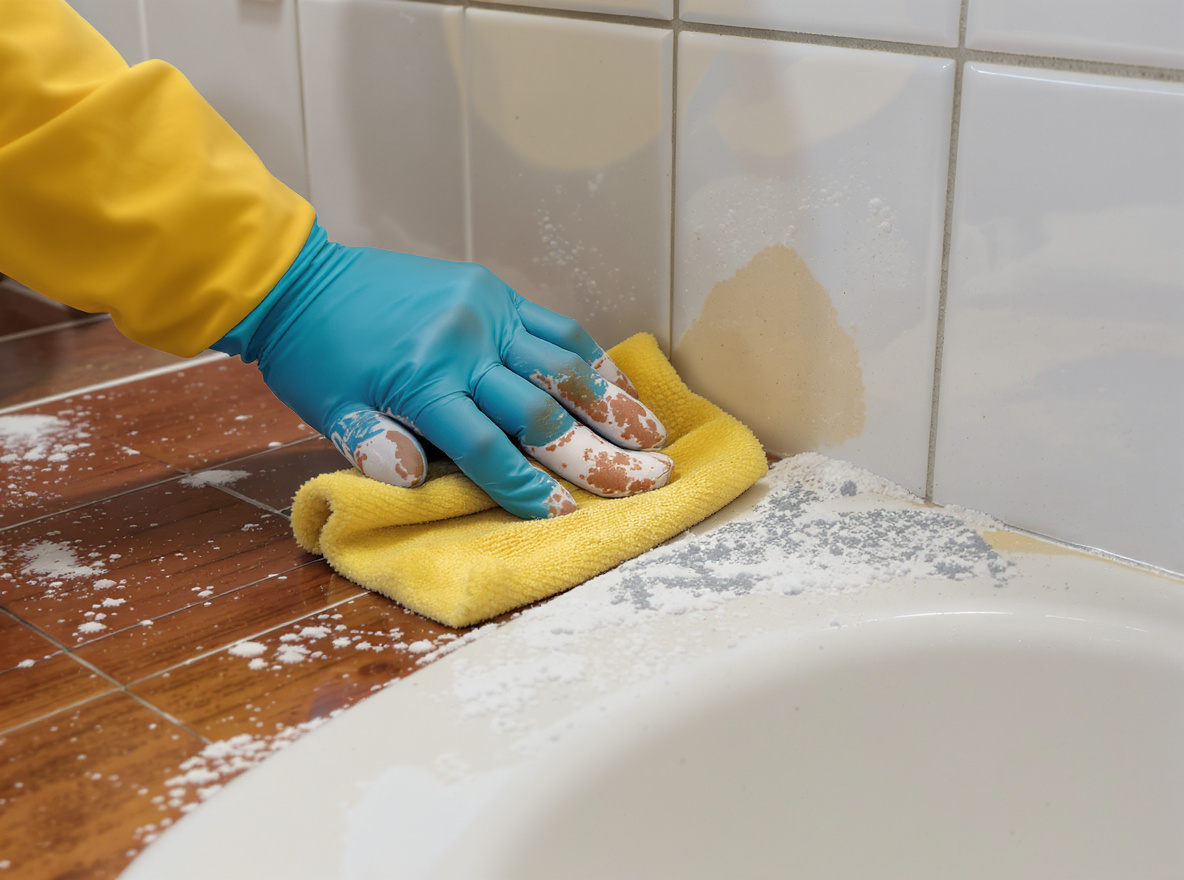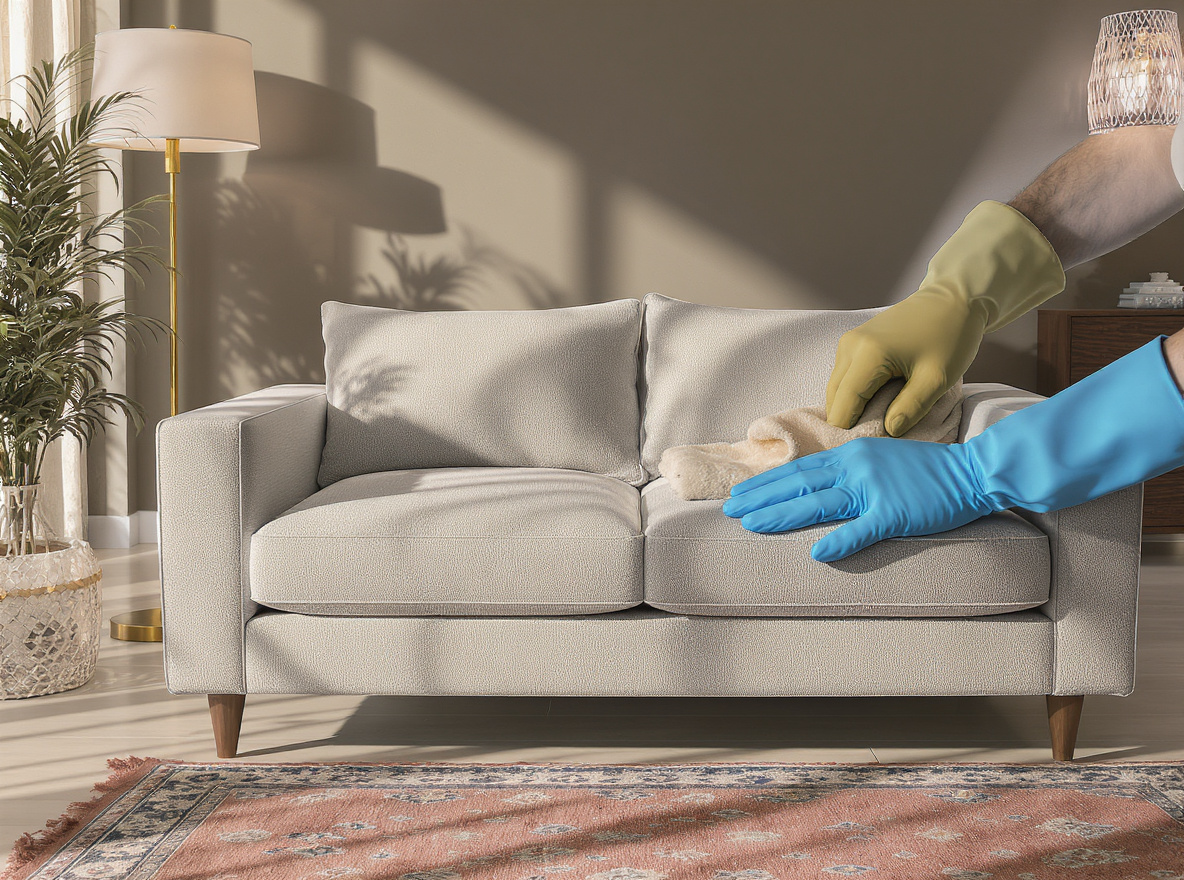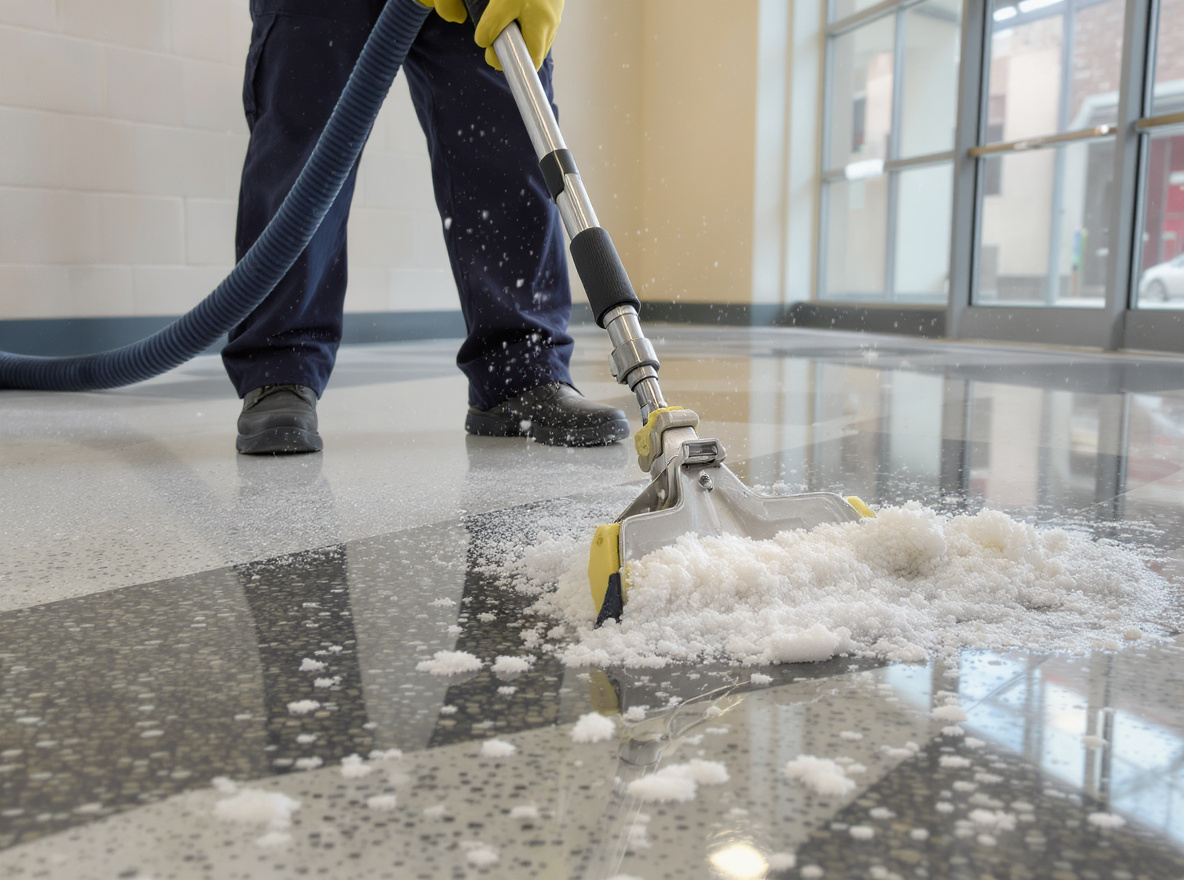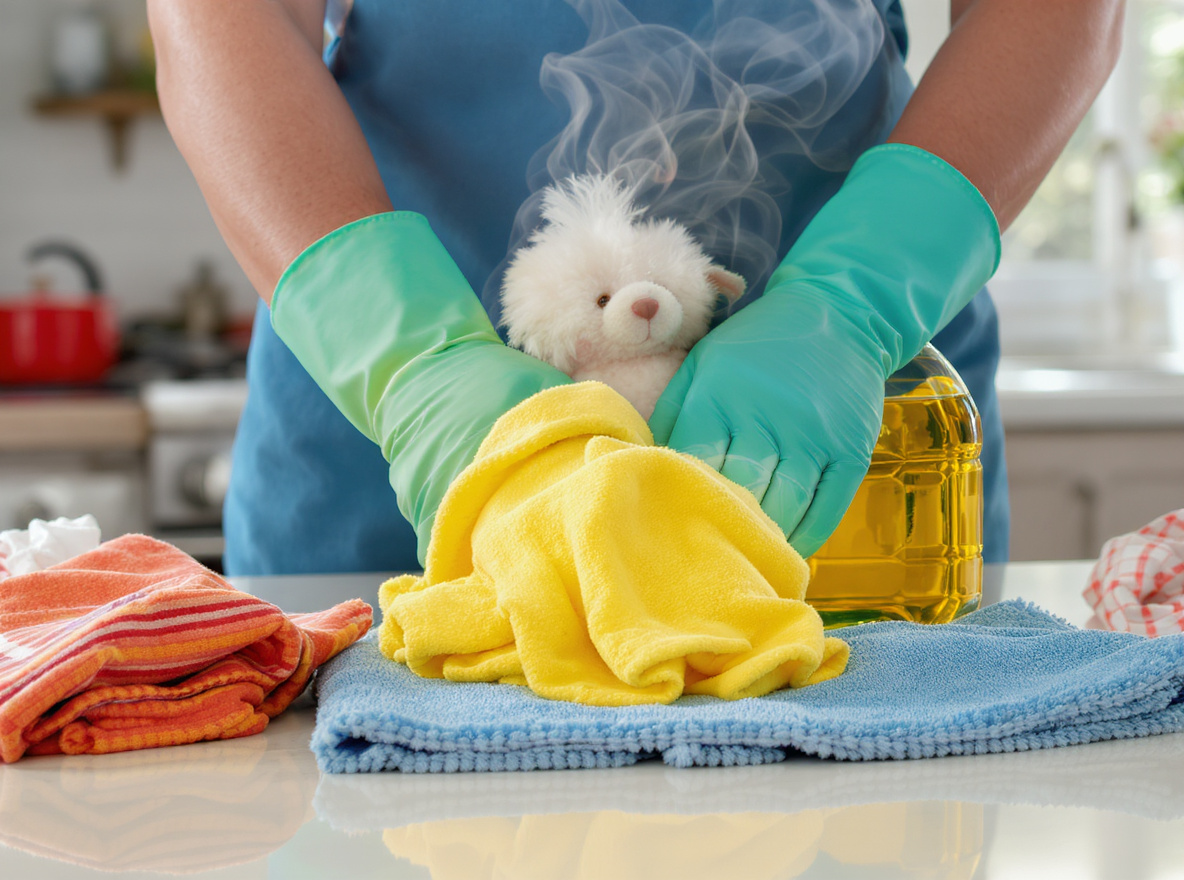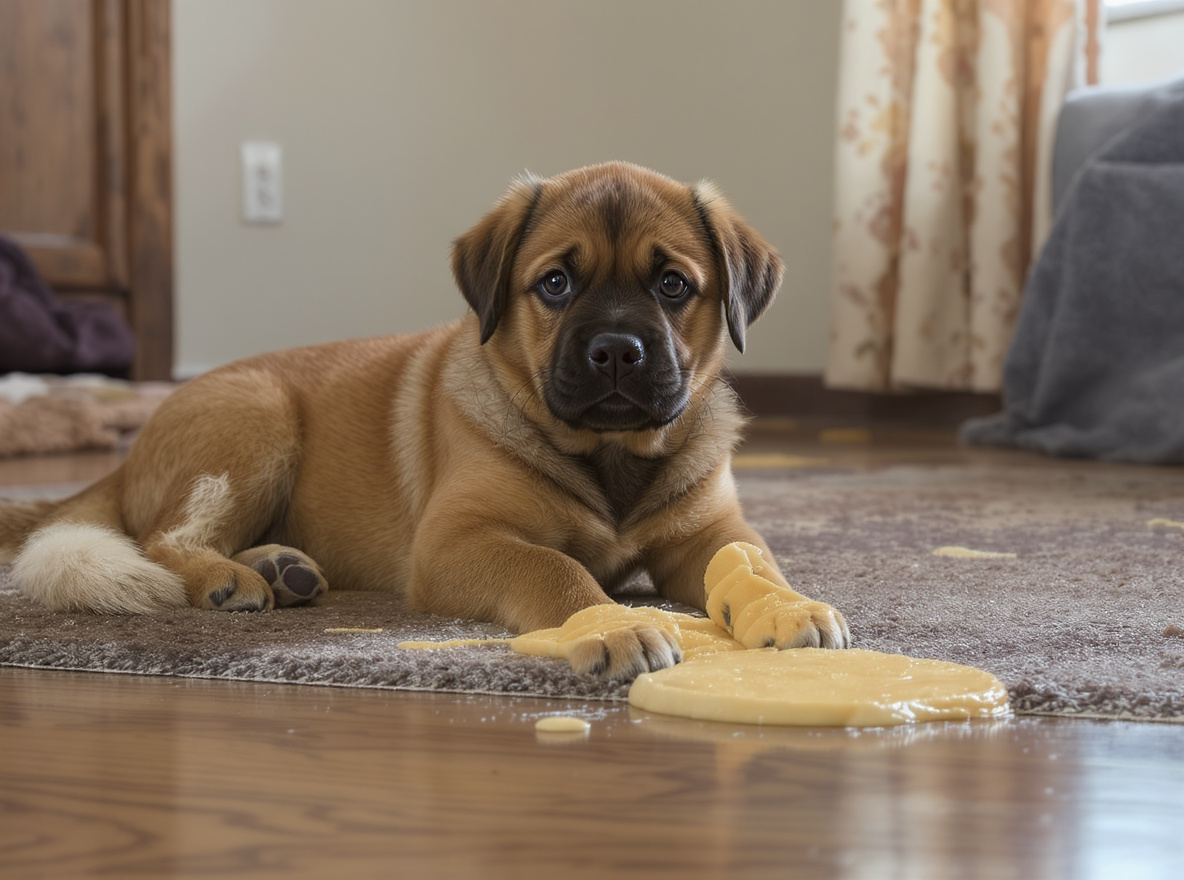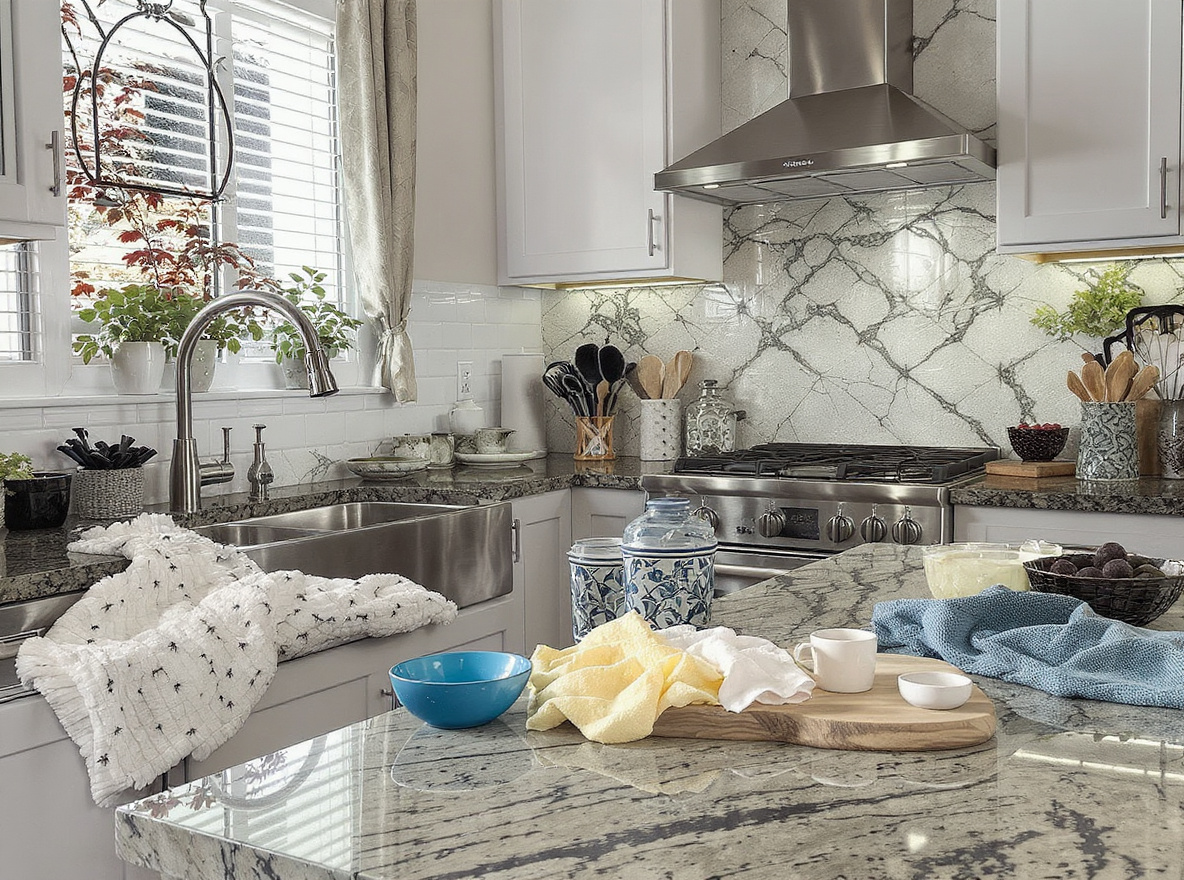Cleaning mistakes that make your home dirtier: the ultimate guide to stopping self-sabotage
Let’s face it—you think you’re cleaning your house, but what if you’re actually making it worse? It’s a dirty truth many of us aren’t ready to hear. I’ve spent countless hours researching the most common cleaning blunders that leave our homes dirtier than before we started, and what I discovered will change how you approach your chores forever.
Whether you inherited bad cleaning habits from well-meaning parents or just never learned proper techniques, you’re not alone. Millions of Americans make these same mistakes every single day. The good news? Fixing them is easier than you think.
The dirty dozen: common house cleaning mistakes you’re probably making
Using the wrong products on the wrong surfaces
One of the most catastrophic cleaning crimes happens when we grab whatever bottle is closest and start spraying with wild abandon. Using harsh chemicals on delicate surfaces like hardwood floors can permanently damage your home and belongings. That “one cleaner fits all” approach? It’s costing you money and making your cleaning efforts worthless.
For example, vinegar—that natural cleaning darling—shouldn’t be used on everything. While it works wonders on some surfaces, it can actually etch and permanently scar stone surfaces like marble countertops. That’s not cleaning—that’s destruction.
The same goes for abrasive cleaners on delicate surfaces. You might think you’re scrubbing away dirt, but you’re actually creating micro-scratches that will collect more dirt in the future.
Cleaning in the wrong order
If you’re starting with the floors, congratulations—you’ve just signed up to clean them twice. This rookie mistake is costing you precious time and energy.
When you clean floors first and then dust surfaces above, all that dust and debris inevitably falls onto your freshly cleaned floors. The result? Double the work and half the results.
The solution is simple: always clean from top to bottom. Start with dusting ceiling fans, shelves, and countertops before tackling the floors. This “high-to-low” method ensures you’re not re-cleaning areas, which saves both time and cleaning supplies.
Not allowing dwell time for cleaning products
Spray and immediately wipe? You might as well be using water. Many cleaners need time to break down dirt and kill germs—what professionals call “dwell time.”
When you spray a surface and immediately wipe it clean, you’re not giving the product enough time to work its magic. This is particularly crucial for disinfectants and tough stain removers. Without proper dwell time, you’re just pushing dirt around rather than eliminating it.
Using dirty cleaning tools
The irony is almost poetic—cleaning with dirty tools. Your sponges, mops, and vacuum cleaners need regular cleaning too. When was the last time you washed your mop head or replaced your sponge?
Dirty cleaning tools spread bacteria and grime instead of removing them. That sponge that’s been sitting in your sink for three weeks? It’s a bacterial paradise. And that vacuum with a full canister? It’s just redistributing dirt throughout your home.
Over-cleaning certain surfaces
Yes, there is such a thing as too much cleaning. Over-cleaning surfaces, especially with harsh chemicals, can wear down protective finishes and actually make them more susceptible to dirt and damage.
For example, over-cleaning wooden furniture can strip away its natural oils and protective coatings. The same goes for certain appliances and electronics—excessive moisture can damage internal components.
Using paper towels for everything
Paper towels seem convenient, but they’re one of the worst cleaning tools for many surfaces. They can leave lint and debris behind on glass and mirrors, creating more work for you in the long run.
Microfiber cloths are superior for cleaning glass, mirrors, and stainless steel without leaving streaks or scratches. Plus, they’re reusable, making them more environmentally friendly and cost-effective over time.
The hidden consequences of bad cleaning habits
Health risks lurking in plain sight
Poor cleaning practices don’t just affect your home’s appearance—they can seriously impact your health. Dust, allergens, and mold thrive in improperly cleaned spaces, triggering allergies, respiratory issues, and other health problems.
When cleaning mistakes allow these contaminants to accumulate, they create an invisible health hazard in your living space. For allergy sufferers, this can mean constant symptoms even when you think your home is clean.
Financial damage you never saw coming
Bad cleaning habits hit your wallet harder than you might realize. Using the wrong products on expensive surfaces like hardwood floors or stone countertops can lead to costly repairs or even full replacements.
Additionally, neglecting proper cleaning routines can reduce your property value over time. What might seem like small cleaning shortcuts now can add up to significant financial consequences later.
Cleaning dos and don’ts: the expert guide
Do: match your cleaning tools to the job
For optimal results, pair the right tool with each cleaning task:
- Microfiber cloths: perfect for dusting, glass cleaning, and polishing without scratches
- Soft-bristle brushes: ideal for grout and delicate tile surfaces
- Squeegees: essential for streak-free windows and shower doors
- Non-abrasive sponges: best for non-stick cookware and delicate countertops
Don’t: use excessive amounts of cleaning products
More is not better when it comes to cleaning solutions. Using too much product creates unnecessary residue that attracts more dirt and can be difficult to remove.
This excess product buildup can leave surfaces looking dull and feeling sticky. Plus, it wastes your cleaning supplies, costing you more money in the long run.
Do: clean your cleaning tools regularly
Implement a regular maintenance schedule for all your cleaning implements:
- Wash sponges in hot water or microwave them to kill germs
- Rinse mop heads thoroughly after each use
- Empty vacuum canisters and clean filters regularly
- Wash microfiber cloths after several uses to maintain their effectiveness
Don’t: use harsh chemicals unnecessarily
Chemical cleaners have their place, but they’re often overused in situations where gentler alternatives would work just as well. Harsh chemicals can:
- Damage surfaces over time
- Create toxic indoor air quality
- Pose risks to children and pets
- Contribute to environmental pollution
Do: establish a consistent cleaning routine
A regular cleaning schedule prevents dirt and grime from building up to levels that require deep cleaning. Consistent maintenance cleaning is easier and less time-consuming than sporadic deep cleaning sessions.

If you’re looking for a trusted and high-quality cleaning service in Buffalo, Tonawanda, or Amherst —
get a free quote online.
You can also call us at 716-289-1966.
Transform your cleaning game: expert solutions
The right product for the right surface
Creating a proper cleaning arsenal means understanding which products work best on different materials:
- Glass and mirrors: vinegar-water solution or commercial glass cleaner with microfiber cloths
- Wood furniture: specialized wood cleaners that nourish rather than strip
- Stone surfaces: pH-neutral cleaners specifically formulated for natural stone
- Stainless steel: specialized stainless cleaners or diluted vinegar (but never on stone!)
- Electronics: electronics-specific cleaning wipes or slightly dampened microfiber cloth
The perfect cleaning sequence
Follow this top-down approach for maximum efficiency:
- Start with ceiling fans, light fixtures, and high shelves
- Move to eye-level surfaces like countertops, tables, and appliances
- Clean lower areas like baseboards and furniture
- Finish with vacuum, sweep, and mop floors
This method ensures that dust and debris from higher surfaces don’t contaminate already-cleaned lower areas.
The dwell time sweet spot
Different cleaning products require different amounts of time to work effectively:
- Disinfectants: most require 5-10 minutes to kill germs properly
- Shower cleaners: 3-5 minutes to break down soap scum
- Toilet bowl cleaners: at least 10 minutes for maximum effectiveness
- Carpet stain removers: follow product instructions, usually 5-15 minutes
Allowing proper dwell time means you’ll clean less often and achieve better results.
Beyond the basics: advanced cleaning wisdom
Seasonal deep cleaning strategies
Supplement your regular cleaning routine with quarterly deep cleans that target often-overlooked areas:
- Spring: focus on windows, screens, and outdoor spaces
- Summer: deep clean kitchen appliances and air conditioning units
- Fall: clean gutters, chimney, and heating systems
- Winter: focus on indoor air quality, carpet cleaning, and upholstery
This seasonal approach prevents the accumulation of hidden dirt and extends the life of your home and furnishings.
The psychology of clean spaces
A properly cleaned home doesn’t just look better—it impacts your mental wellbeing. Studies show that clean, organized spaces can reduce stress and anxiety while improving focus and productivity.
When you eliminate cleaning mistakes, you’re not just creating a cleaner home; you’re creating a healthier mental environment. This psychological benefit may be the most compelling reason to improve your cleaning habits.
The takeaway: clean smarter, not harder
The difference between a truly clean home and one that just appears clean often comes down to these common cleaning mistakes. By understanding and correcting these errors, you’ll achieve better results with less effort.
Remember that proper cleaning isn’t about working harder—it’s about working smarter. Using the right products and techniques means spending less time cleaning while achieving superior results. Your home deserves that level of care, and so do you.
So next time you reach for that all-purpose cleaner or grab a paper towel to wipe down your mirrors, pause and ask yourself: “Am I making my home cleaner, or am I just making more work for myself?” The answer might surprise you—and changing your approach could transform your home for good.
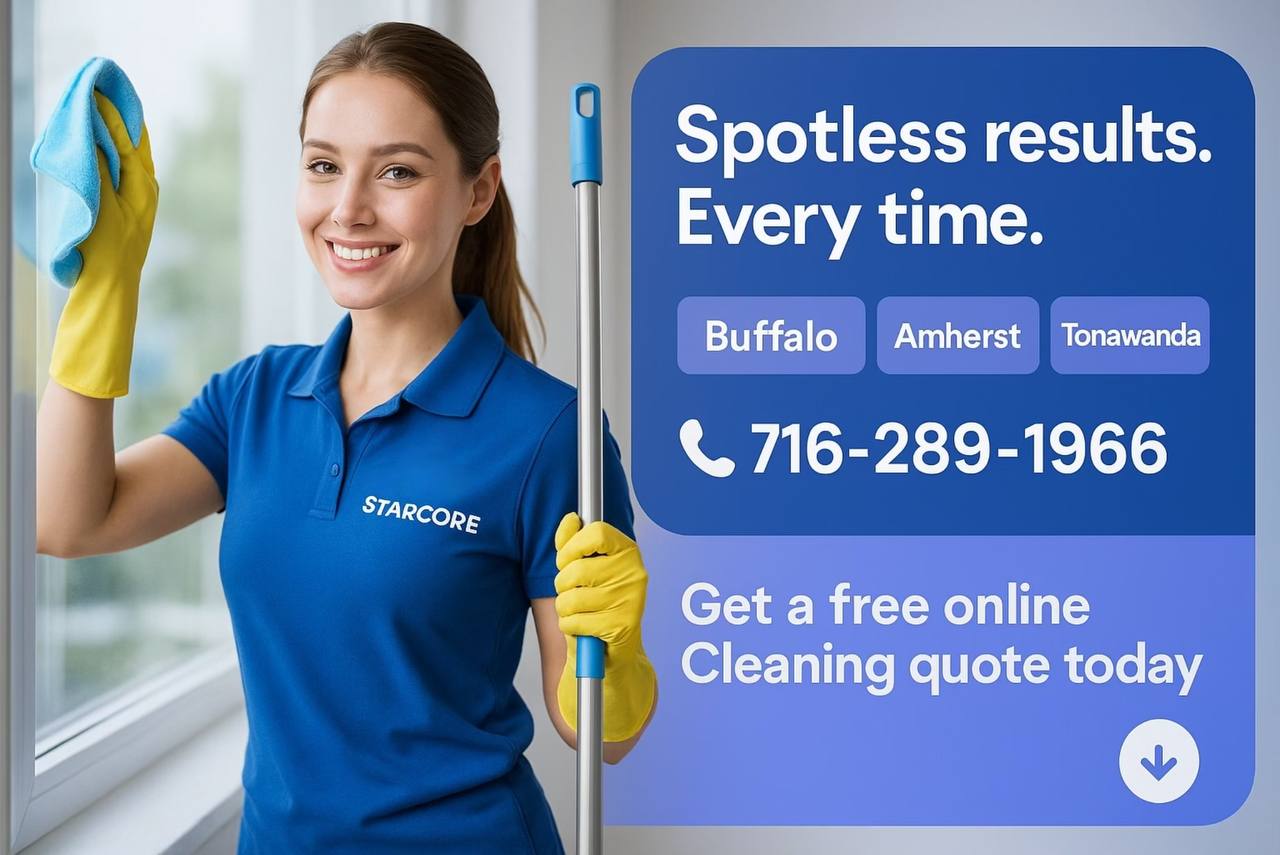
If you want to keep up with your cleaning and make life easier, it’s a great idea to get a free quote online. After all, finding a reliable cleaning service in Buffalo, Tonawanda, or Amherst can take a load off your shoulders. For those who prefer a personal touch, feel free to chat with us at 716-289-1966.
Frequently asked questions
What are some common cleaning mistakes to avoid?
Common mistakes include using the wrong products for surfaces, not allowing dwell time for cleaning solutions, and failing to clean tools regularly.
How often should I clean my home?
It depends on your lifestyle and needs, but most experts recommend a general cleaning once a week and deeper cleaning every month or season.
Are there natural cleaning alternatives I can use?
Yes, vinegar, baking soda, and lemon are popular natural cleaning agents that can effectively clean various surfaces.
Is it effective to hire a cleaning service?
Yes, hiring a cleaning service can save you time and ensure that your home is cleaned professionally, which can improve your overall wellbeing.
What cleaning tools should I invest in?
A good vacuum, microfiber cloths, non-abrasive sponges, and soft-bristle brushes are essential for effective cleaning.




